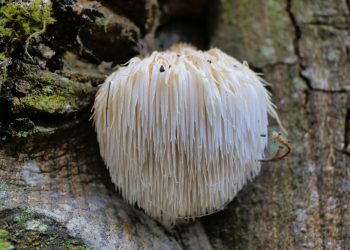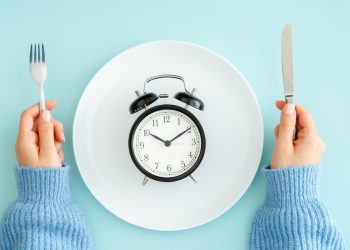Are you nourishing your hair, skin, and nails?
If not, maybe you should be. These parts of our bodies say a lot about our health — both to ourselves and to others! Far from being mere superficialities, the appearance of our hair, skin, and nails says a lot about what is going on under the hood.
In this article you will learn how beef organs can provide the nutrients and nourishment needed for healthy hair.
It’s for these reasons that we’ll be doing a three-part series completely dedicated to the topic. Part 1 (this article) will cover hair, part 2 will cover skin and part 3 will cover nails.
- Part 1: Hair
- Part 2: Skin
- Part 3: Nails
While just getting healthier in general will have a good effect on hair/skin/nails, we can get a little more specific than that. Certain nutrients are virtually tailor-made to improve your hair health. Keep reading to learn more about these nutrients — and their best sources.
- Why hair health is so important
- How beef organs can nourish your hair
- How collagen can nourish your hair
- Other hair-friendly aspects of nose-to-tail eating
Why hair health is so important
“Aged? But he does not appear aged, just look, his hair has remained young!”
– Marcel Proust, In Search of Lost Time
Hair is one of those physiological items that’s not quite fully understood by science. Most mainstream tactics for improving hair health are overly mechanistic and oversimplified, to say the least. [1]
What we do know, however, is that the quality of a person’s hair can give us some idea of their state of health. Having good hair is practically a sure-fire sign of youthfulness. It’s also a sign of adequate nutrient status and a healthy metabolism.
Even the superficialities involved in the appearance of one’s hair mean something. Let’s face it: who doesn’t want luscious locks of fast-growing hair?
The good news is that having good hair is achievable for many people. Before we look at how hair health works, let’s look at how hair problems happen in the first place.
The root causes of hair problems
The hormonal experts of decades past — researchers like Broda Barnes and Dr. Ray Peat — viewed hair loss and other hair problems more holistically than the ‘experts’ of today.
According to these researchers, hair problems begin with stress hormones like cortisol overpower energy generation. Thyroid health also plays a major role; when the thyroid isn’t functioning well enough, hair loss can easily result. Hair problems are really just a symptom of an underlying problem: energy deficiency! [2]
How to prevent hair problems
Understanding the root causes of hair problems allows us to begin to see a root solution.
Preventing hair problems (or reversing them) requires three things:
- Shutting down the stress response by lowering cortisol levels
- Boosting metabolism through a healthy diet
- ‘Feeding’ the hair follicle with nutrients
How beef organs can nourish your hair
If we had to choose a single food for the sole purpose of hair health…we’d probably choose beef organs. Why?
Because beef organs contain most — if not all — of the nutrients needed to address the three things mentioned above.
- The glycogen in beef liver may shut down cortisol production [3]
- The B vitamins in liver and kidney may boost metabolism [4]
- The vitamin A in beef liver may provide important nutrients to hair follicles [5]
In addition to all this, the rare peptides in beef kidney are known for their ability to improve whole-body circulation. And having good circulation is vital if you want to ensure that the nutrients you’re eating actually reach the scalp. [6]
And let’s not forget the nutrients found in beef heart. Its coenzyme Q10 may improve metabolic health by minimizing the build-up of metabolic by-products (i.e, free radicals) that would otherwise occur over time.
How collagen can nourish your hair
Other aspects of nose-to-tail eating can nourish your hair, too. Foremost among them is probably collagen — the special protein found in an animal’s skin, connective tissue, and bones.
Researchers have found that collagen can check many of the same boxes as the beef organs mentioned above. It may:
- Relax nerves and boost GABA enough to reduce cortisol [7]
- Boost metabolism via its effects on thyroid hormones T3 and T4
- Provide nutrients to hair follicles via its silica and trace mineral content
Other hair-friendly aspects of nose-to-tail eating
Just as important as the pro-hair nutrients found in beef organs are the anti-hair nutrients that are missing.
In other words, the average Londoner’s diet is laden with low-grade food toxins and anti-nutrients that can hurt hair health. These anti-nutrients do virtually the opposite of what the beef organs mentioned earlier do: they increase stress hormone levels, impair metabolic processes, and reduce nutrient delivery to the scalp. [8]
Some of the most insidious food ingredients include processed seed oils, high-fructose corn syrup, and processed grains. Swap these out for animal protein and beef organs and you’ll be well on your way to reduced inflammation and better hair health!









